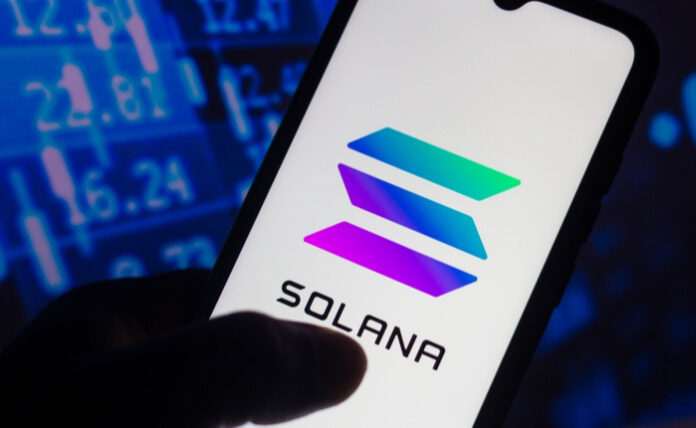For a short while, Solana’s blockchain has been the darling of innovators and developers looking to create blockchain transactions at lightning speed, but recent events show that even this novel blockchain is not immune to traffic jams.
Danny Nelson reports at Coindesk on activity over the last 48 hours, where the Solana blockchain, which typically handles up to 2000 transactions per second, was down to about one quarter of that, with a lot of stakeholders voicing frustration.
“The issues had been mostly resolved by Thursday evening, but not before around 35 community members attended a public video chat, including a CoinDesk reporter and at least two Solana Labs engineers,” Nelson writes. “Solana’s 1,000+ validators are the computing power behind a nearly $12 billion ecosystem of lending, trading and other decentralized finance (DeFi) platforms. Only a handful of them came to Thursday’s call. They were not happy.”
Nelson covers this meeting, attended by a Coindesk reporter along with many Solana insiders, where parties discussed setting up a centralized observation system for the blockchain.
As it is now, developers and others can follow along on github, but some say there’s a lack of transparency in changes to Solana over time.
However, as mentioned in Nelson’s coverage, it’s relatively difficult to push centralized solutions in the decentralized finance world where one of the key principles is the lack of (and no need for) a central administrator.
“(a main participant) polled the room on an ‘observability system,’” Nelson writes. “He acknowledged such a system would be centralized by design. He said it could help the engineers pinpoint problems and prep patches faster. The room was skeptical, but not to a fault. It would have to be a voluntary system, Zantestu said. Validators.app’s Long agreed. Solana Labs could not mandate such a system without pushback.”
So what’s next for Solana? We’ll see.










